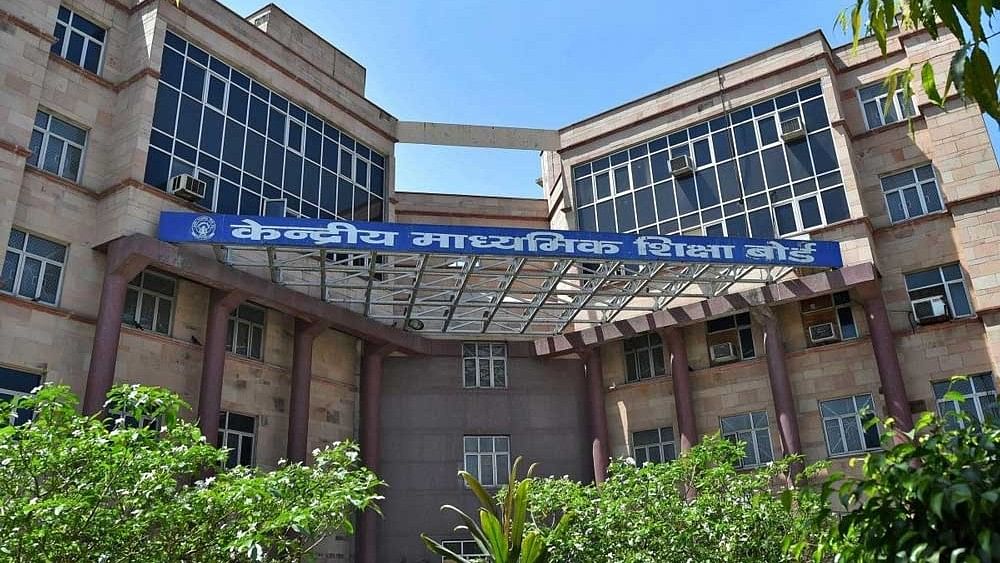
CBSE office.
Credit: PTI File Photo
Yoga, Nyaya, and Mimamsa are among the nine Indian schools of thought on which the foundational learning courses in CBSE-affiliated schools will be based, as per the new National Curriculum Framework finalised on Wednesday.
These Vedic philosophical systems, on which Indian knowledge systems have been based, will help students develop disciplinary knowledge, the Curriculum recommends.
The nine schools of thought – Nyaya, Vaisesika, Sankhya, Yoga, Mimamsa, Vedanta, Buddhist, Jaina, Lokayata/Carvaka – form the basis of classical Indian philosophy and consider the Vedic traditions as the primary source of knowledge.
“The depth and range of thought on the matter of knowledge in India, including contemporary Indian thought, along with relevant thinking from across the world, must inform our curricula. This is operationalised by a method of organising knowledge which is on sound foundations and is useful for curriculum,” the Curriculum recommends.
The NCF says that the Nyaya tradition of knowledge, founded by sage Gautama, was “primarily occupied with formal reasoning, rhetoric, and epistemology”, and that it also made substantial contributions to metaphysics.
The Vaisesika system, founded by Kanada, makes efforts to make sense of the material world, the various categories and components of matter and their properties and behaviour, it says.
The NCF also states that Sankhya is the oldest among the systematic schools of Indian philosophy and its views are heavily based on the Upanishads. “Sankhya argues for a dualistic ontology comprising Prakrti (nature) and Purusa (person),” the NCF says.
The Mimamsa system is based on “ethical questions” and the defence of the contents of the early parts of the Vedas is among its primary goals. “The Lokayata were materialists who denied the existence of an atman that persisted through many lives. The Buddhists denied the existence of such a thing as a coherent self. The Jainas argued for a variety of jivas so that even nature and not just humans and Gods — was seen as ensouled,” it adds.
The Framework also recommends the inclusion of emerging technologies such as AI, Machine Learning and gamified content such as AR and VR.